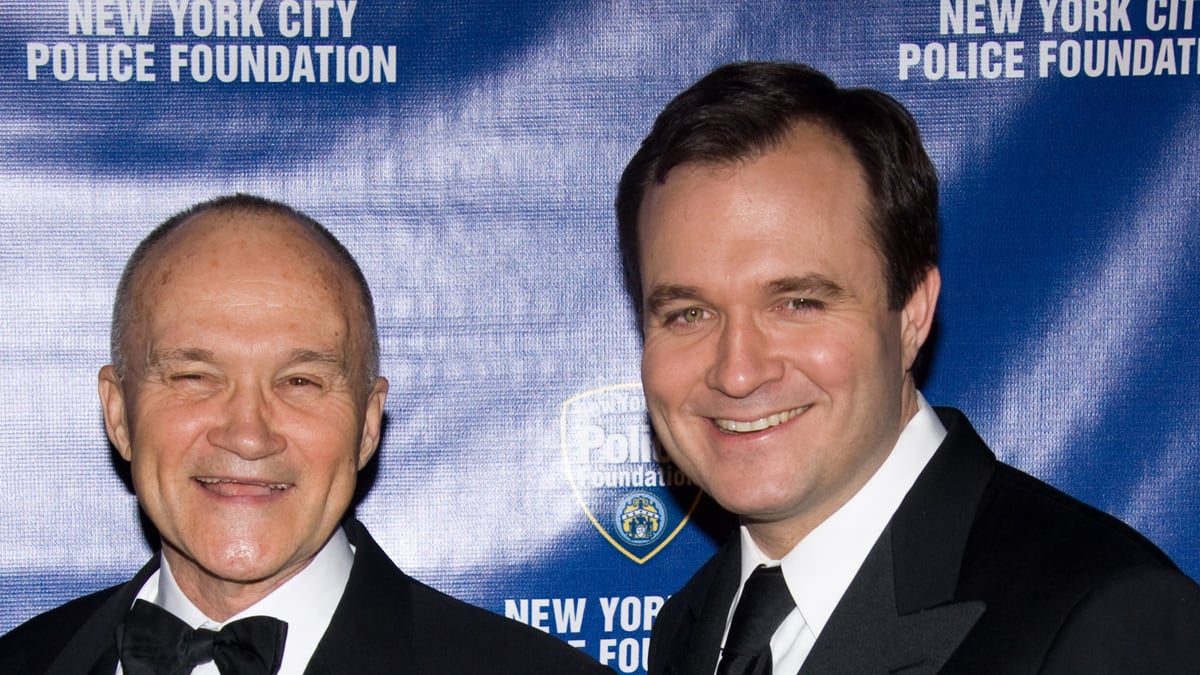In a splash of media headlines, another man is accused of sexual assault in questionable circumstances. Newscaster Greg Kelly, like Dominique Strauss-Kahn, Kobe Bryant, the Duke lacrosse players, and others, finds his personal and professional life turned upside down on the word of a woman who alleges “rape.”
I don’t know what really happened when Kelly and his accuser went up to the law office where she worked, but much of her story, as reported by the press, seems suspect, and every new published detail appears to point toward consensual sex—sexting before and after their date, the alleged abortion, the jealous boyfriend who was lied to, the three-month delay in reporting a crime.
As a former prosecutor of sex crimes in Massachusetts and as a member of the board of the Rape Treatment Center in Los Angeles, I am a fierce champion of women (and men) who have suffered rape. This heinous violation can ruin a woman’s life. It can rob a woman of her security and self-esteem. The true victim needs extraordinary support and care from the moment that the crime occurs and perhaps for years thereafter.
When other women make false accusations, what is a real victim to do? Is the true victim too frightened to report the violation for fear of not being believed—of being violated again in the courts and the press? Does a real rapist get to continue his abuse because a true victim won’t put herself through the degradation of going from private person to public persona, even if not named by the media?
Non-stranger rape or acquaintance rape is real and happens every day in America. Every woman has the right to say “no” at any point in a sexual encounter, and “no” means “no.” A woman drugged or drunk who cannot give her consent is also a true victim, as she is taken against her conscious will. I stand behind these women 100 percent.

But no one should support women who set up men for a fall for money, revenge, to get attention, or talk their way out of a dilemma with a suspicious boyfriend or parent. They ruin the criminal justice process for others who truly suffer and are afraid they will not be believed.
Look at the proven false fantasy accusation made by ABC weather reporter Heidi Jones of an imaginary person of color, simply to get her former boyfriend’s attention. Her occupation and appearance made her initially believable and put resources in motion to find the suspect. Only good police work revealed her lies, thankfully, before some innocent stranger was locked up for nothing.
The entire dilemma falls at the feet of the prosecutors whose job it is to do justice. They must sift through the evidence to support the accuser as well as the accused. They must assess the credibility of the complainant with an understanding that those both strong and weak are vulnerable. Even a prostitute can be raped. The investigation must be a search for the truth, wherever it may lead, and that process takes time, often to the detriment of the accused. The prosecution must support the potentially truthful accusation, no matter how odd the circumstances, unless and until they see that the story does not ring true and the credibility of the accuser won’t hold up. There is no exact science—there is thorough investigation, judgment, and instinct. A prosecutor’s office cannot simply be the tool used to placate any accuser who makes a complaint. If on balance the facts weigh in favor of her story, then the prosecution should go forward with vigor. If not, the case should go away.
Perhaps one of the greatest miscarriages of justice was the Duke lacrosse case, in which a prosecutor’s desire to get elected not only blinded him to the truth but caused him to act in violation of his ethical obligations and indict three people who were innocent—and pronounced so by the attorney general later. One of them was not even there at the time of the alleged offense.
Let us not forget that those falsely accused are also real victims. They are forever painted by some with a label of “rapist,” whether the case is dismissed or they are acquitted. I am still haunted by the memory of defending a therapist accused of date rape at a party years ago. There is no question in my mind that the act was consensual. She pursued him vigorously and he rebuffed her attention before she made her complaint. What other course might the case have taken had he sent her flowers or taken her on another date? The specter of the publicity in his professional life and the stress surrounding the progress of the case contributed to his suicide. He is not alone in taking such a desperate step.
All of society loses when there is a false accusation. Somehow we must encourage real victims to feel safe to report rape knowing that police and prosecutors will have the courage to turn away those who bear false witness. Society itself can become the victim. We don’t want guilty people on the street who will offend again. We want to safeguard the most vulnerable among us. We want to champion those violated. We want to protect the falsely accused.






